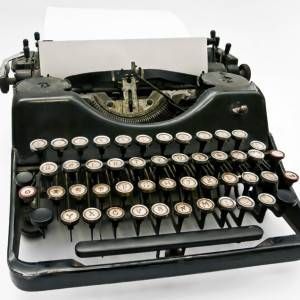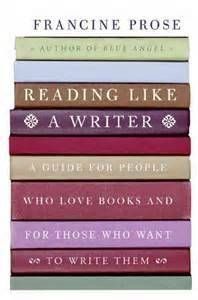
How Your Reading Changes When You Write and Teach
How we identify in our personal, professional, and social lives affects what we read and how we read it. I began reading as a kid looking for escape; trying to fit myself in the world of other characters and relate their stories to my own. But we evolve as readers, challenged by the demands of school, or questioned by our friends. (The Reading Lives podcast examines this evolution as Jeff asks different writers about their reading habits.) I found myself getting in trouble in elementary school because I secretly read books I found interesting while I was supposed to be reading the boring stories from our textbook. In high school, I pushed myself to go to the library and find “fun” books that I didn’t have to analyze. But the most significant changes happened for me in college and in my career. It wasn’t until recently that I realized the way I read now has significantly changed because of these new reader-identities I have as a writer and a teacher. Though a lot of writers are also teachers, there are specific ways we are taught to approach books for these jobs; different goals we have in mind as readers. I wanted to examine what these differences are for me.

When my reader-identity shifted to a teacher, my chosen career, I became a devout believer in fiction. I was a warrior fighting in defense of the writer’s work and its importance. As a teacher, I believed in every shift, word choice, metaphor, and character arc. It became my job to trust the story and look for the clues that illuminated the narrative path. Now I had to approach each work with different questions. Would students connect with the characters? What themes could we analyze as a class? What did each symbol really mean?
An article from the Paris Review details a survey one writer (who in turn became a teacher) sent to different novelists to ask about the intention of their work and whether they actively thought about the symbolism we try to pull out of fiction. Were these patterns of our reading justified? Were we doing too much? Most of the answers of the 75 writers who responded are both fun and though-provoking to read, but one that sticks with me is this response by Ralph Ellison: “Yes, readers often infer that there is symbolism in my work, which I do not intend. My reaction is sometimes annoyance. It is sometimes humorous. It is sometimes even pleasant, indicating that the reader’s mind has collaborated in a creative way with what I have written.” The intersection of my teacher/writer/pleasure-reading brain loves this. Yes, everything has meaning. Yes, sometimes we read into things too much. But each different type of reader we become shows a new way we creatively engage with literature.
I haven’t completely abandoned pleasure reading. Instead, in the same way I used to force myself to annotate, I now take intentional steps to force myself to just enjoy the story. (One such way is getting book from the library that I know I can’t write in!) I think the way we develop our reader-identities, and how we continue to evolve based on who we become, is incredibly telling of how we will continue to regard literature in the future.








